Helping low-income people, workers, civil servants, public employees and the disadvantaged to have housing is both an urgent and long-term task.
In 2025, Dak Lak province was assigned by the Prime Minister to complete 1,255 social housing units and the province's socio -economic development target is 1,800 units. Up to now, the whole province has 4 projects investing in building social housing, including: Ha Huy Tap Residential Area Project, Tan An Ward (An Phu Urban Area, with 330 units); Km 7 Residential Urban Area, Tan An Ward (Ecocity Urban Area, 797 units); Commercial Center - Hotel - Housing Complex No. 2 Mai Hac De (155 units); Multi-functional Complex No. 161 Nguyen Chi Thanh (66 units).
According to the Department of Construction, it is expected that by the end of 2025, these projects will complete a total of 1,348 units (reaching 75% of the province's target and 107.4% of the Government's target in 2025).
 |
| The Commercial Center - Hotel - Housing Complex No. 2 Mai Hac De (Buon Ma Thuot City) is under construction. |
According to the assessment of the Provincial People's Committee, the development of social housing in recent years in the country in general and Dak Lak province in particular in terms of time to implement legal procedures and processes is still the same as that of commercial housing development projects and urban areas, causing many difficulties and obstacles, leading to investors' hesitation. Currently, in the province, the central budget has not been specifically allocated for the province to invest in developing social housing. The province has not yet established an investment fund for social housing development, mainly relying on capital sources calling for investment from real estate businesses. In the 1,348 units of the 4 projects mentioned above, all belong to the 20% land fund for developing social housing in commercial housing projects and urban areas.
On the other hand, projects investing in construction and planning social housing are mostly concentrated in Buon Ma Thuot City and Buon Ho Town, while the housing development program for the period 2021 - 2030 has set out requirements for planning land funds for social housing development in districts (town centers), but the implementation of detailed planning and land use planning has not been given due attention. This requires careful consideration to avoid imbalances between supply and demand in each locality and region, leading to the number of social housing apartments being able to increase but not really meeting the practical needs of people in areas far from the administrative center.
Furthermore, 2024 and 2025 are transitional periods between legal documents related to social housing, leading to inconsistent coordination between ministries, sectors and localities in application and implementation, resulting in low efficiency. In addition, the rearrangement of provincial administrative units (Dak Lak and Phu Yen), commune level and the termination of district-level administrative units will cause difficulties because currently, commune-level administrative units are not required to prioritize land allocation for planning social housing development.
According to the Department of Construction, in the face of the above difficulties and problems, Resolution No. 201/2025/QH15, dated May 29, 2025 of the National Assembly on piloting a number of specific mechanisms and policies for social housing development (Resolution 201) is expected to contribute to removing the remaining procedures, hindering the investment process in developing social housing, as well as solving the difficulties arising from practice in the province.
Specifically, the land fund for social housing development will be expanded based on housing development programs and plans or urban and rural planning approved by competent authorities; or if there is a request to adjust detailed planning, it is not necessary to carry out procedures for establishing, appraising, approving, and adjusting detailed planning tasks.
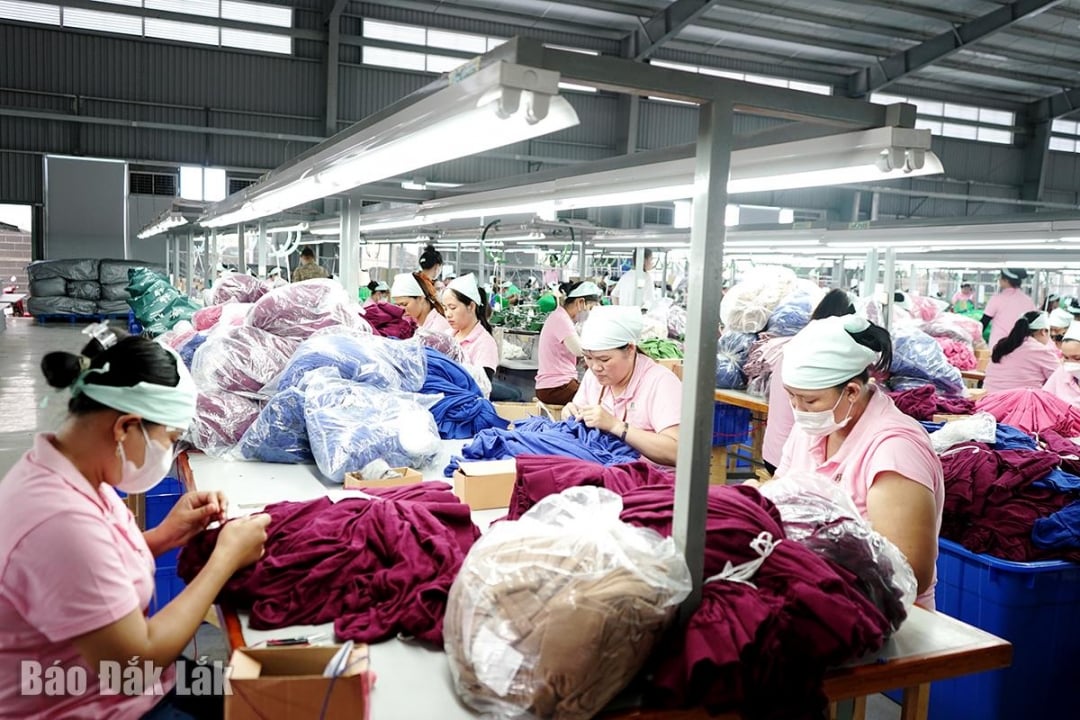 |
| Workers work at a company in Hoa Phu Industrial Park (Buon Ma Thuot City). |
The selection of investors has also been accelerated. Resolution 201 stipulates the approval of investment policies and at the same time assigns investors without bidding for investment projects to build social housing and housing for the people's armed forces that do not use public investment capital. This contributes to promoting the selection of investors for projects such as: Social housing project for cadres, civil servants and public employees at Km 4 - 5, Tan An ward, Buon Ma Thuot city (phase 2); Social housing project for cadres and soldiers of the Provincial Police in Thanh Nhat ward, Buon Ma Thuot city...
In addition, Resolution 201 also contributes to speeding up the progress of establishing, appraising and approving detailed plans for social housing construction investment projects; procedures for investing in social housing construction; determining selling prices and rental prices for social housing; especially compensation, support, resettlement, investment in technical infrastructure systems, creating land funds for social housing development, etc.
In the period of 2026 - 2030, Dak Lak province is assigned by the Prime Minister to complete 17,000 social housing units. Along with the removal of bottlenecks from Resolution 201, Dak Lak province will accelerate the progress of calling for investment in the Social Housing Project for cadres, civil servants and public employees at Km 4 - 5, Tan An Ward, Buon Ma Thuot City (phase 2 is expected to have 80 social housing units); Social housing project for officers and soldiers of the Provincial Police in Thanh Nhat Ward, Buon Ma Thuot City (phase 1 is expected to have 800 social housing units); Commercial Housing Project in Hoa Thang Commune, Buon Ma Thuot City (61 social housing units). At the same time, focus on removing and handling the remaining problems of 5 suspended projects, 3 projects that have canceled contracts and decided to allocate other land.
| According to the Provincial Federation of Labor, the province has over 88,440 workers, civil servants and employees. The average income in the administrative sector is 6.3 million VND/person/month; in state-owned enterprises and joint-stock enterprises with state capital is 8.03 million VND/person/month; in non-state enterprises is 7.59 million VND/person/month; in FDI enterprises is 6.6 million VND/person/month, so buying social housing for workers who do not have a house is very difficult. |
Source: https://baodaklak.vn/xa-hoi/202506/nghi-quyet-so-2012025qh15-rong-duong-phat-trien-nha-o-xa-hoi-c280fbc/


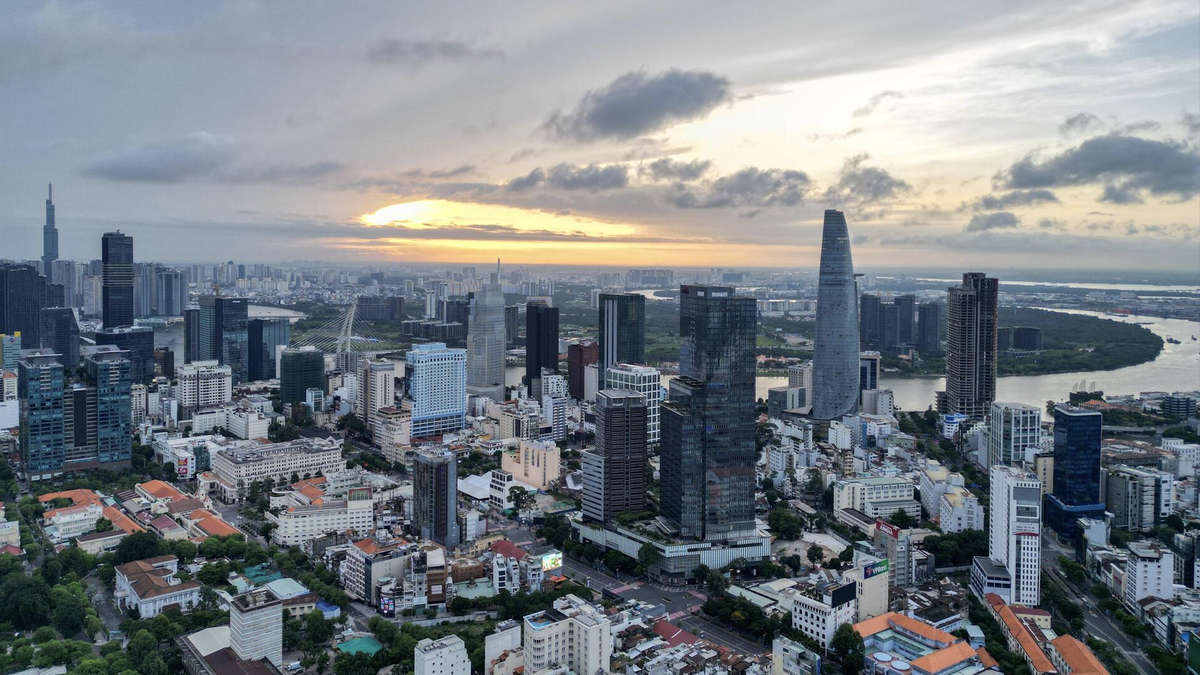
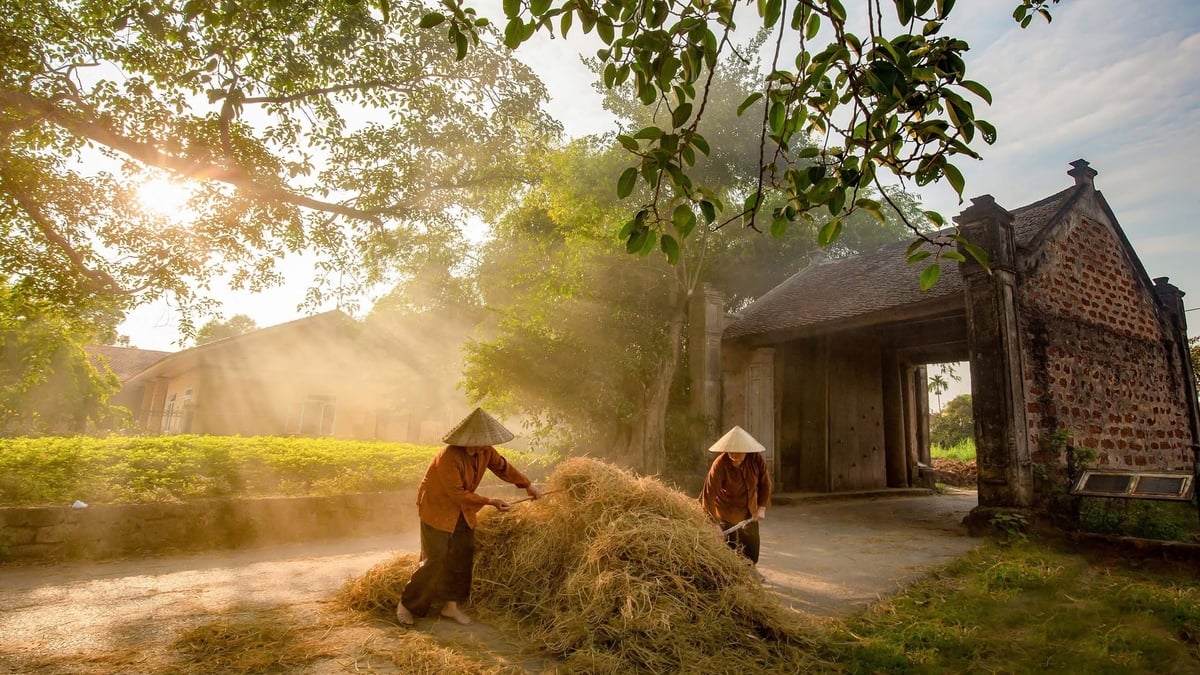



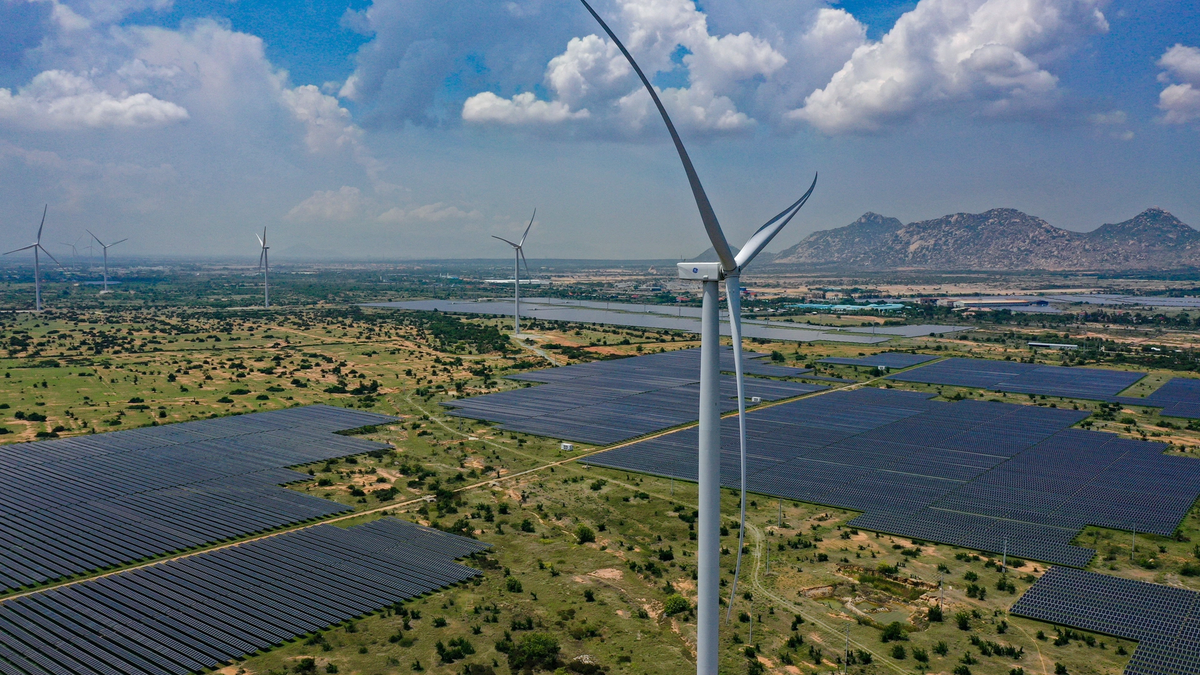
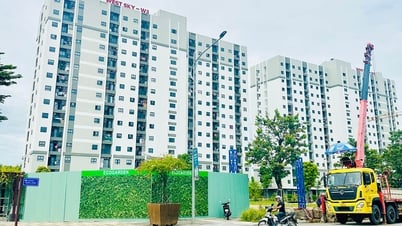

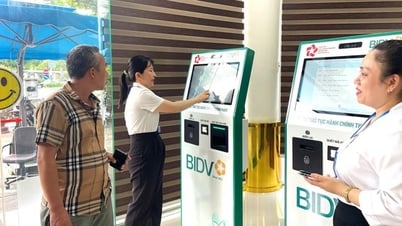

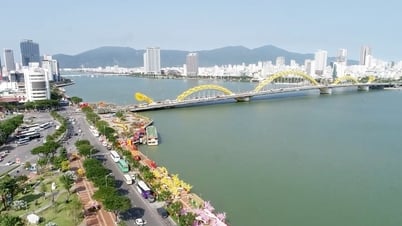

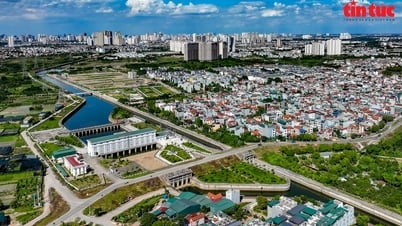

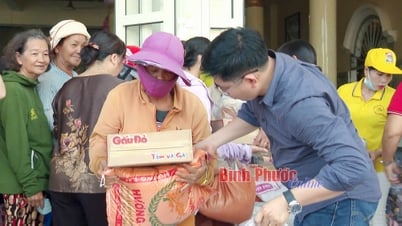

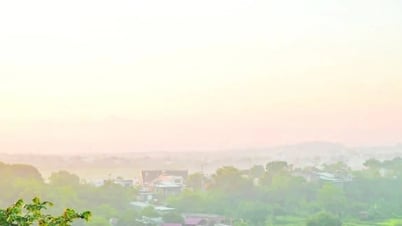

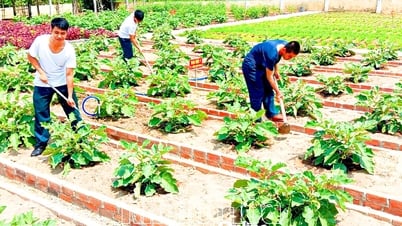

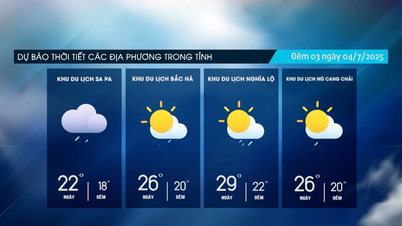

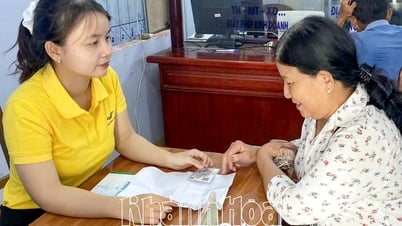








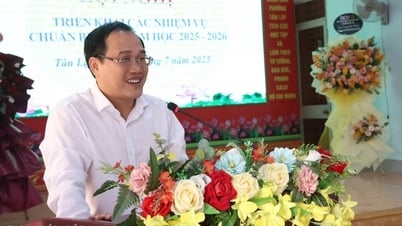
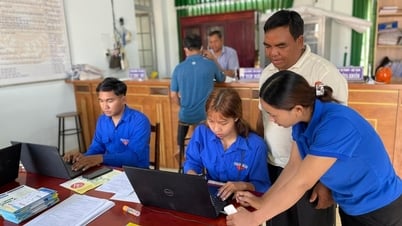
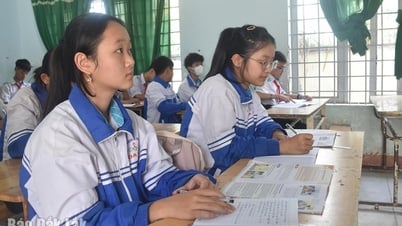
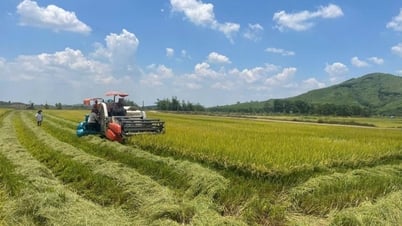



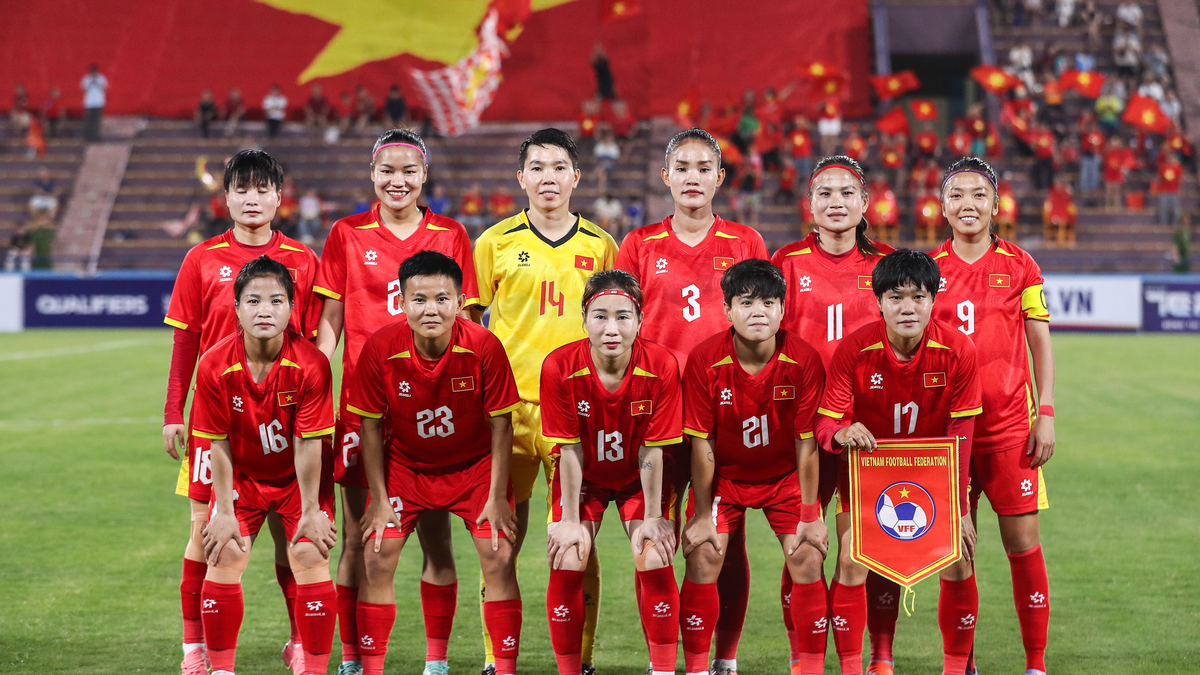




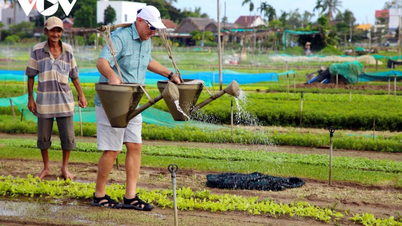

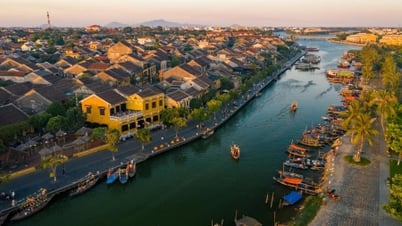



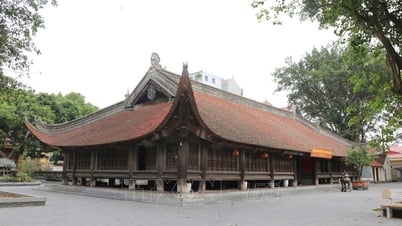







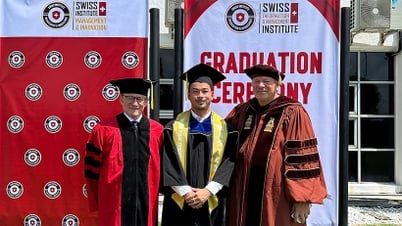





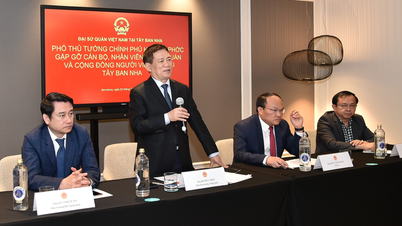



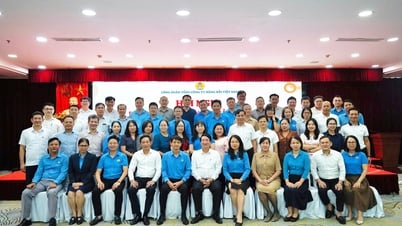
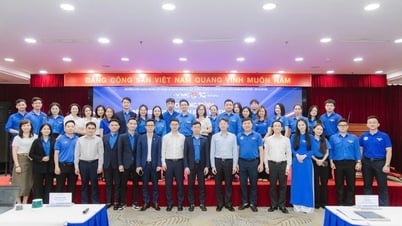
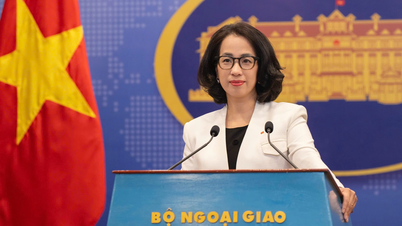
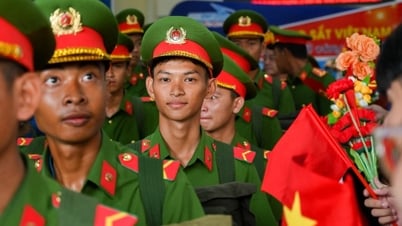
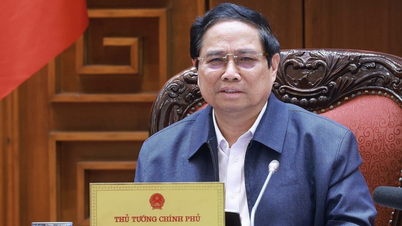








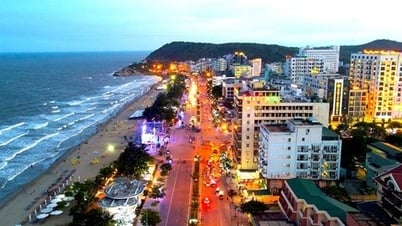

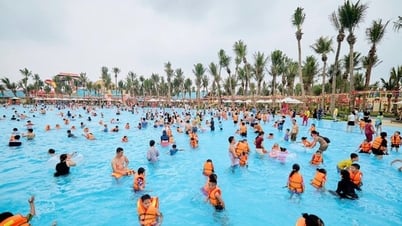
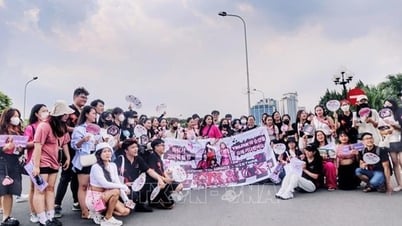
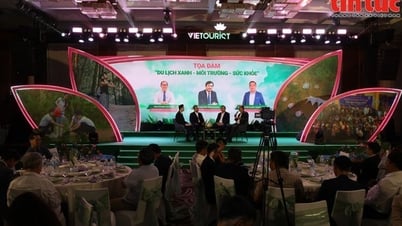
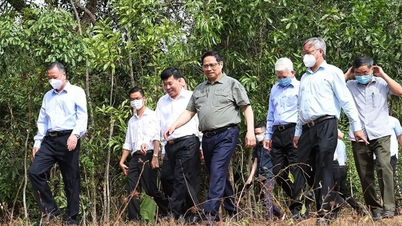

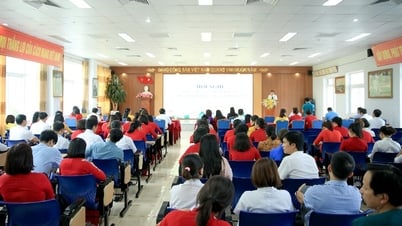

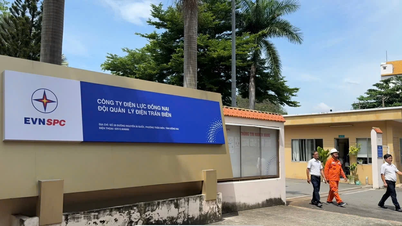



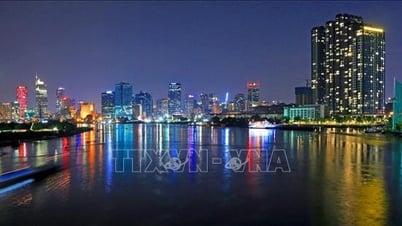



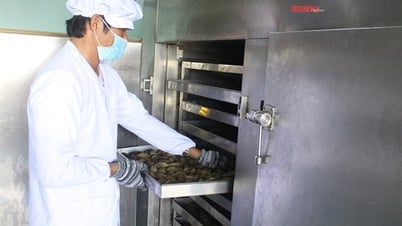

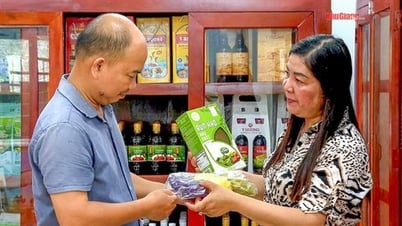
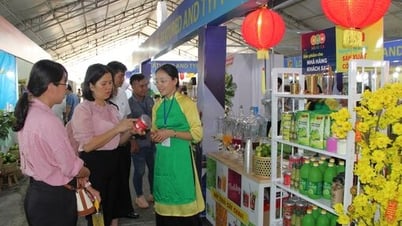




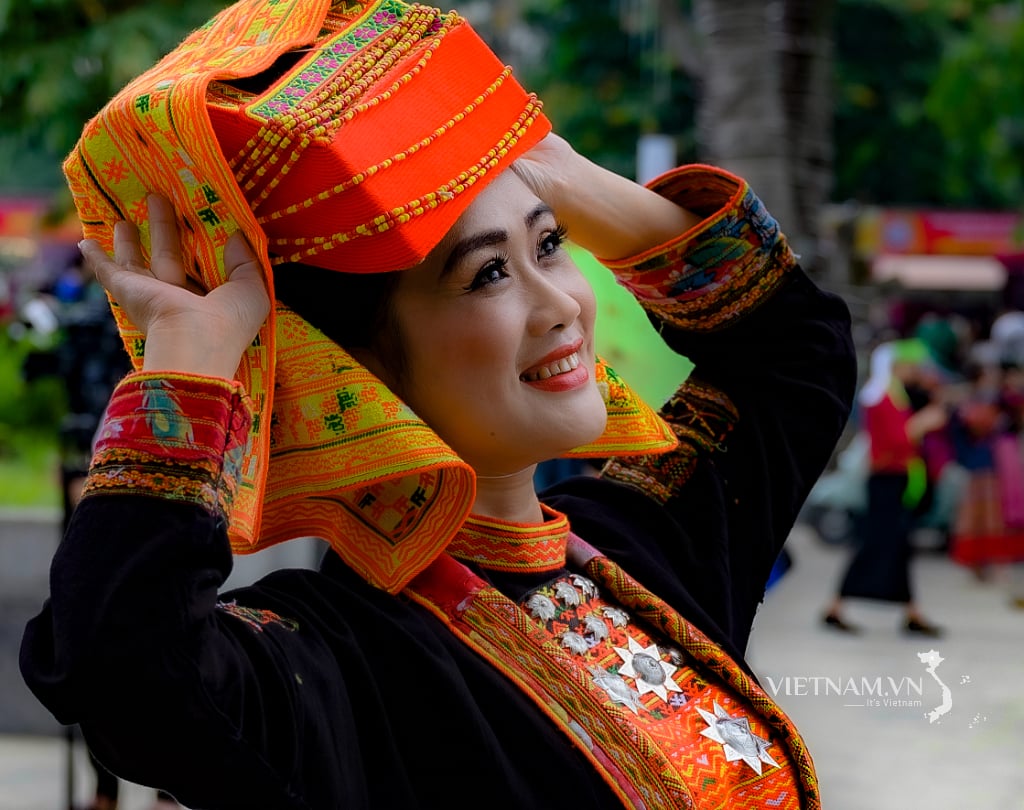



Comment (0)